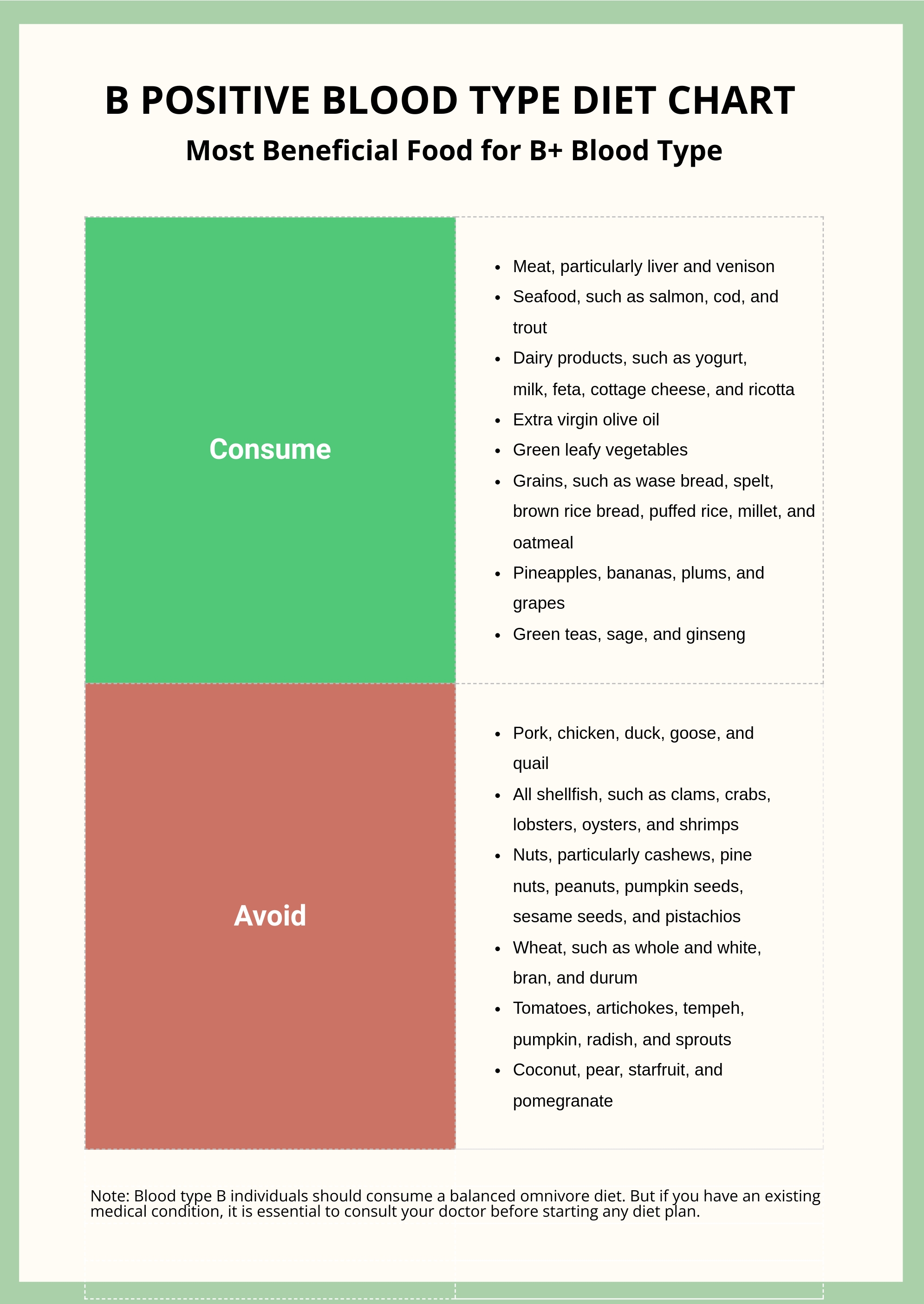Effective Strategies to Modify Your Gastroparesis Diet for Enhanced Digestive Health in 2025
Gastroparesis is a condition that affects stomach movement and digestion, often leading to symptoms like nausea, vomiting, and bloating. Modifying your gastroparesis diet can significantly improve digestive health and quality of life. This article provides essential strategies and insights on how to effectively alter your diet, focusing on small, manageable changes that cater to individual dietary needs. Understanding the various components of a gastroparesis-friendly meal plan is crucial for symptom management.
By optimizing your diet, you can better navigate the challenges associated with gastroparesis. The benefits of a tailored diet include improved nutrient absorption, reduced symptoms, and an overall increase in well-being. We'll explore key dietary modifications, examples of gastroparesis-friendly recipes, measured approaches to hydration, and practical meal planning tips.
This guide covers:
- Core gastroparesis dietary modifications.
- Recommended foods and recipes for better digestion.
- Hydration tips and meal frequency strategies.
- The role of vitamin supplementation and gentle cooking methods.
- Common symptoms management strategies and patient support resources.
Understanding how diet intricately ties into managing symptoms is essential for those dealing with gastroparesis. Let's delve into effective ways to tailor your diet for enhanced digestive health.

Essential Guide to Modifying Your Gastroparesis Diet
When it comes to managing gastroparesis, dietary changes are one of the most effective strategies. These modifications can help alleviate symptoms and promote better digestion. The first step is to analyze individual dietary needs while considering the unique triggers for each person.
Understanding Gastroparesis Dietary Guidelines
Dietary guidelines for gastroparesis typically focus on low-fiber, low-fat, and easily digestible foods. A low-fiber diet for gastroparesis can prevent further complications, while a focus on soft foods can aid digestion. Understanding the specific guidelines provided by healthcare professionals will help in creating a personalized diet plan.
Identifying Trigger Foods to Avoid
Identifying specific trigger foods is critical for symptom management. Common triggers include high-fat dairy, fried foods, and large meals. Keeping a food diary can help in pinpointing foods that worsen symptoms, allowing for effective avoidance.
Incorporating Soft Foods for Ease of Digestion
Soft foods for gastroparesis include well-cooked vegetables, mashed potatoes, and pureed fruits. These foods help reduce the workload on the digestive system. Moreover, they can be nutritionally balanced and palatable when prepared correctly.
Exploring Protein Sources for Gastroparesis
Finding appropriate protein sources is essential for maintaining nutritional balance. Options like eggs, lean poultry, and plant-based proteins are often well-tolerated. Combining these with gentle cooking methods can maximize digestibility while ensuring adequate nutrient intake.
Effective Meal Timing Strategies
Meal timing can greatly influence digestion in gastroparesis. Scheduling smaller, more frequent meals rather than larger ones can ease digestive strain. Utilizing a meal frequency recommendation to structure consumption patterns plays a pivotal role in symptom management.
Top Foods to Eat with Gastroparesis
Selecting the right foods can significantly ease the symptoms of gastroparesis. A well-planned gastroparesis meal plan incorporates foods that are easy to digest and nourish the body effectively.
Gentle Cooking Techniques to Enhance Nutritional Value
Utilizing gentle cooking techniques such as steaming, boiling, or baking ensures that meals remain soft and manageable for digestion. Cooking methods that preserve nutrients while softening food textures can have a positive impact on overall health.
Hydration Tips for Optimal Digestive Health
Hydration is a crucial aspect of managing gastroparesis. Consuming fluids like water, herbal teas, and clear broths throughout the day aids in digestion. Avoiding carbonated drinks can prevent exacerbation of symptoms such as bloating.
Delicious Gastroparesis-Friendly Recipes
Experimenting with gastroparesis-friendly recipes can make meal times enjoyable. Simple smoothies that incorporate fruits, yogurt, and even protein powders can provide nourishment without overwhelming the digestive system.
Nutrition for Gastroparesis: Supplementary Support
Sometimes whole foods alone may not meet nutritional needs. Exploring dietary supplements for gastroparesis can help in filling nutritional gaps, especially regarding essential vitamins and minerals. Consulting with a dietitian to tailor supplementation can provide personalized guidance.
Staying Active while Managing Gastroparesis
Incorporating light physical activity can aid digestion and improve overall well-being. Recommendations vary but emphasize gentle forms of exercise that complement dietary changes. Building a routine that intertwines movement and diet can lead to effective management of symptoms.
Practical Meal Planning for Gastroparesis
Effective meal planning is pivotal for managing gastroparesis. A strategized approach enables individuals to prepare for symptoms while ensuring adequate nutrient intake.
Meal Replacement Options for Gastroparesis
For days when eating may be challenging, incorporating meal replacement options can ensure nutritional requirements are met. Low-fiber, high-protein shakes can be beneficial and provide a quick source of energy without causing distress.
Addressing Food Textures in Meal Planning
Evaluating food textures is key; it allows individuals to determine what their bodies tolerate best. A patient-centered approach ensures that the meals are enjoyable while fitting the gastroparesis guidelines.
Community Support Resources for Managing Gastroparesis
Engaging with community support networks can enhance motivation and provide fundamental support. Connecting with others facing similar challenges offers a platform for sharing dietary tips, recipes, and emotional encouragement.
Visualizing Your Gastroparesis Meal Plan
Visual aids and charts can aid in meal planning by helping individuals visualize their weekly meals. Creating a balanced and diversified meal plan allows for exploration of various foods while adhering to dietary restrictions.
Navigating Eating Out with Gastroparesis
Learning how to navigate the social aspect of dining out can be particularly challenging for those with gastroparesis. It’s essential to communicate dietary needs with restaurants ahead of time and choose venues that offer suitable options.

Q&A: Common Questions about Gastroparesis and Diet
As families and individuals explore gastroparesis management, there are often questions about the appropriate diet and practical strategies. Here are key inquiries and expert insights that can help clarify dietary approaches:
What are the best foods to include in a gastroparesis diet?
Foods like well-cooked vegetables, lean meats, and low-fiber fruits are typically recommended. Soft and easily digestible foods tend to be more tolerable.
How can I ensure I'm getting enough nutrients with a restricted diet?
Utilizing a variety of foods, considering supplements, and working with healthcare providers, especially a dietitian, can help meet nutritional needs.
What role does hydration play in managing gastroparesis?
Hydration helps support digestion and metabolism. Incorporating fluids regularly can prevent symptoms related to dehydration.
Are there specific cooking methods that help with digestibility?
Gentle methods such as steaming, boiling, and baking that yield soft-textured foods are generally recommended for easier digestion.
How can I monitor my symptoms related to diet effectively?
Keeping a detailed food diary that notes what is consumed and symptoms experienced allows individuals to identify patterns and adapt their diets accordingly.
By understanding the connection between diet and symptoms, individuals managing gastroparesis can create a personalized plan that emphasizes comfort, nutrition, and overall health.
For further reading on dietary approaches and support resources for managing gastroparesis, visit FoodPure Nutrition Insights and explore more about meal planning and support structures at FoodPure Community Resources.
